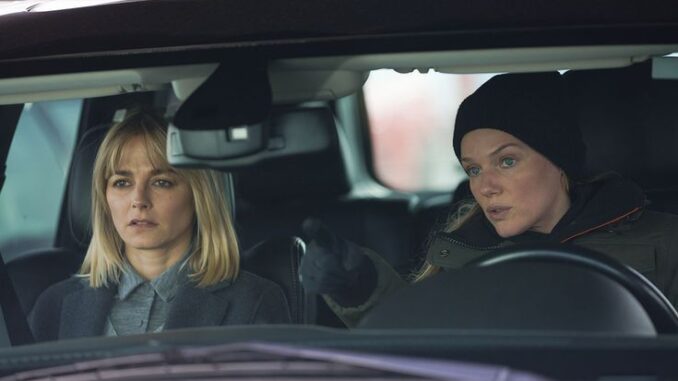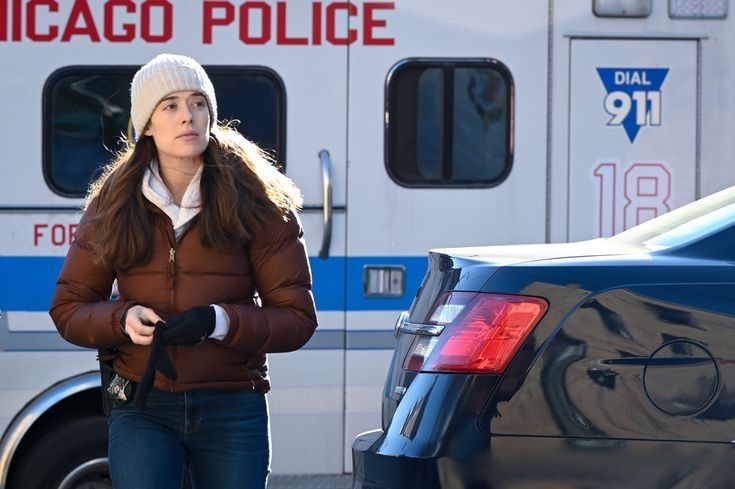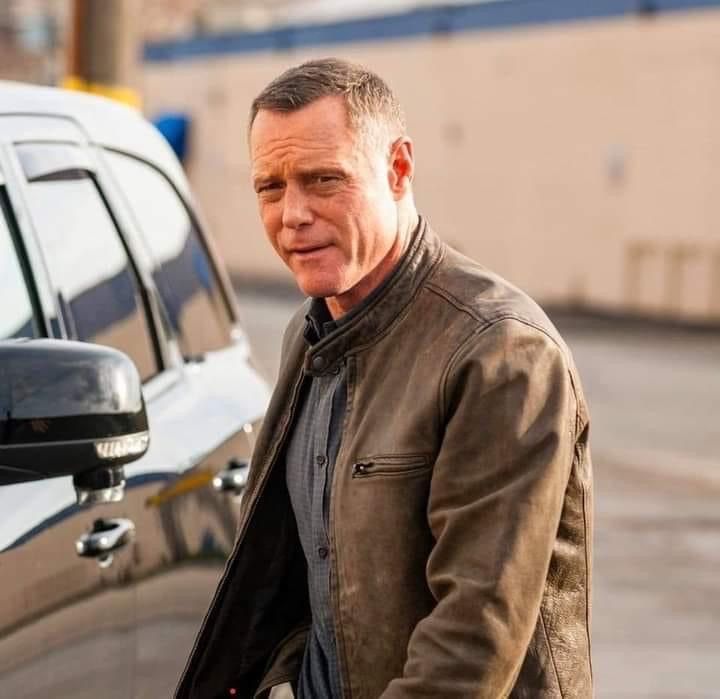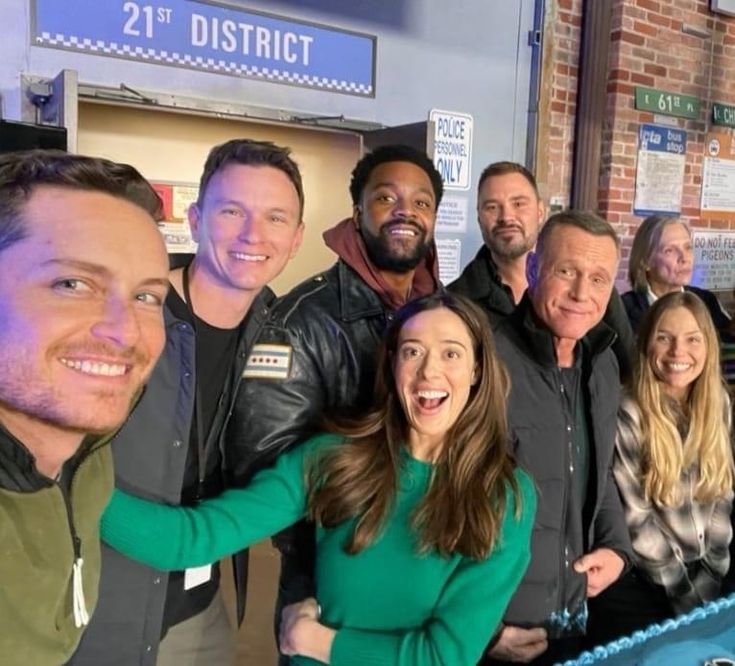
The gritty streets of Chicago have seen a lot of changes over the years — especially within the Intelligence Unit. But when Adam Ruzek starts acting like Hank Voight, fans take notice. And guess what? Jason Beghe, the actor behind the legendary Voight himself, is just as intrigued as we are.
So, what’s going on with Ruzek? Why is he suddenly mirroring Voight’s morally gray tactics? Let’s break it all down in this deep dive — straight from Jason Beghe’s perspective.

🔍 Who Is Jason Beghe?
Jason Beghe is no stranger to hard-edged roles, but Hank Voight is in a league of his own. As the commanding officer of the Intelligence Unit, Voight walks a razor-thin line between justice and street law. Beghe has portrayed him with raw emotion, stoic power, and unpredictable authority since the very first season.
🧠 What Does ‘Voight-like’ Even Mean?
The Signature Voight Method
Being “Voight-like” isn’t just about yelling or breaking rules. It’s about being willing to do whatever it takes — whether that’s going around the system, bending the law, or using intimidation to protect the innocent.
Emotional Detachment Meets Justice
Voight isn’t cold. He’s just… calculated. That “ends justify the means” mentality is what sets him apart. And now, we’re seeing those same traits develop in Ruzek.
👮 The Evolution of Adam Ruzek
From Hot-Headed Rookie to Hardened Officer
When Ruzek joined the team, he was impulsive — no doubt about it. He had the instincts but lacked the finesse. Fast forward to recent seasons, and you can see a shift. He’s slower to speak, faster to act, and willing to go dark if it means getting justice.
Trauma Has Shaped His Path
Let’s not forget — Ruzek’s been through hell. Undercover work, betrayals, shootings, and moral dilemmas have all left their mark. According to Beghe, that trauma is a driving force behind his Voight-like behavior.
🎙️What Jason Beghe Really Thinks
“It’s Not Just Copying Me”
Beghe made it clear: Ruzek isn’t just mimicking Voight. He’s evolving in his own right — but the similarities are impossible to ignore. Beghe said in a recent interview:
“You watch someone like Voight long enough, and you start to internalize certain things. But Ruzek’s choices? They’re coming from his pain, not just his mentor.”
Respecting the Actor Behind Ruzek
Beghe had high praise for Patrick John Flueger, who plays Ruzek. He noted how deeply Flueger dives into the emotional layers of the character. It’s not just acting — it’s transformation.
💥 Voight and Ruzek: Mirror Images or Moral Twins?

Situational Ethics on the Job
Voight’s influence is undeniable, but Ruzek still wrestles with guilt and morality. That makes him different — at least for now. Voight may act without hesitation, while Ruzek still pauses… just a little.
The Line Is Getting Blurry
When Ruzek threatened a suspect or bent protocol, longtime fans couldn’t help but say, “Whoa… that was VERY Voight.” And honestly? That’s not an accident. The writers are playing with parallels.
📺 Fan Reactions Are Mixed — And That’s the Point
Some Love the Growth
Many fans are hyped to see Ruzek become more intense and assertive. It adds drama, depth, and unpredictability to the show.
Others Miss the Old Ruzek
Some viewers preferred the passionate but morally upright version of Ruzek. To them, this darker arc feels like a loss.
🔗 Tied Together by Loyalty
Loyalty to the Team Above All
What do Voight and Ruzek really have in common? Loyalty. That bone-deep commitment to the squad — even if it means skirting the law — is what connects them.
Brotherhood Built on Fire
Their bond isn’t just professional. It’s forged in trauma, victories, and shared secrets. Voight sees himself in Ruzek — and maybe that’s what scares him most.
🧩Is This Character Development or Foreshadowing?
Is Ruzek Being Set Up for Something Bigger?
Let’s be real. This transformation could be leading to something major. A promotion? A breakdown? Or maybe even a betrayal?
The Writers Know What They’re Doing
Beghe hinted that this wasn’t random. There’s a plan — and we’re only seeing the beginning. And if you know Chicago P.D., you know that nothing is ever as it seems.
💔 Emotional Toll Behind the Badge
Voight Understands the Cost
Voight’s been hardened by personal loss. That’s what gives his moral ambiguity a human edge.
Ruzek’s Spiral Mirrors That
From losing Kim Burgess temporarily to near-death experiences, Ruzek is drowning in emotional weight — and it shows in his actions.
🎯 Why This Arc Matters for the Show
Keeps the Series Fresh
A “Voight 2.0” subplot brings new flavor to a long-running series. It gives fans something juicy to dissect every week.
Sparks Character Conflict
Let’s not forget — not everyone in the unit agrees with Voight-style justice. This shift is bound to stir internal drama.
🧨 Will Ruzek Go Full Voight?

The Final Transformation?
He’s not quite there… yet. But if things keep escalating, we might just see Ruzek embrace the dark fully.
Or Will He Pull Back?
There’s always the chance of redemption. Maybe a crisis will snap him back to his old self.
📝 Conclusion: A Legacy in the Making
Jason Beghe’s take on Ruzek’s “Voight-like behavior” isn’t just an observation — it’s a torch being passed. Whether Ruzek becomes Voight’s shadow or finds his own path remains to be seen. But one thing’s for sure: this evolution is one of the most compelling arcs in Chicago P.D. history.
The tension, the moral questions, the emotional weight — it’s all part of what makes this show more than just another cop drama. It’s a human story. And we’re all in for the ride.
